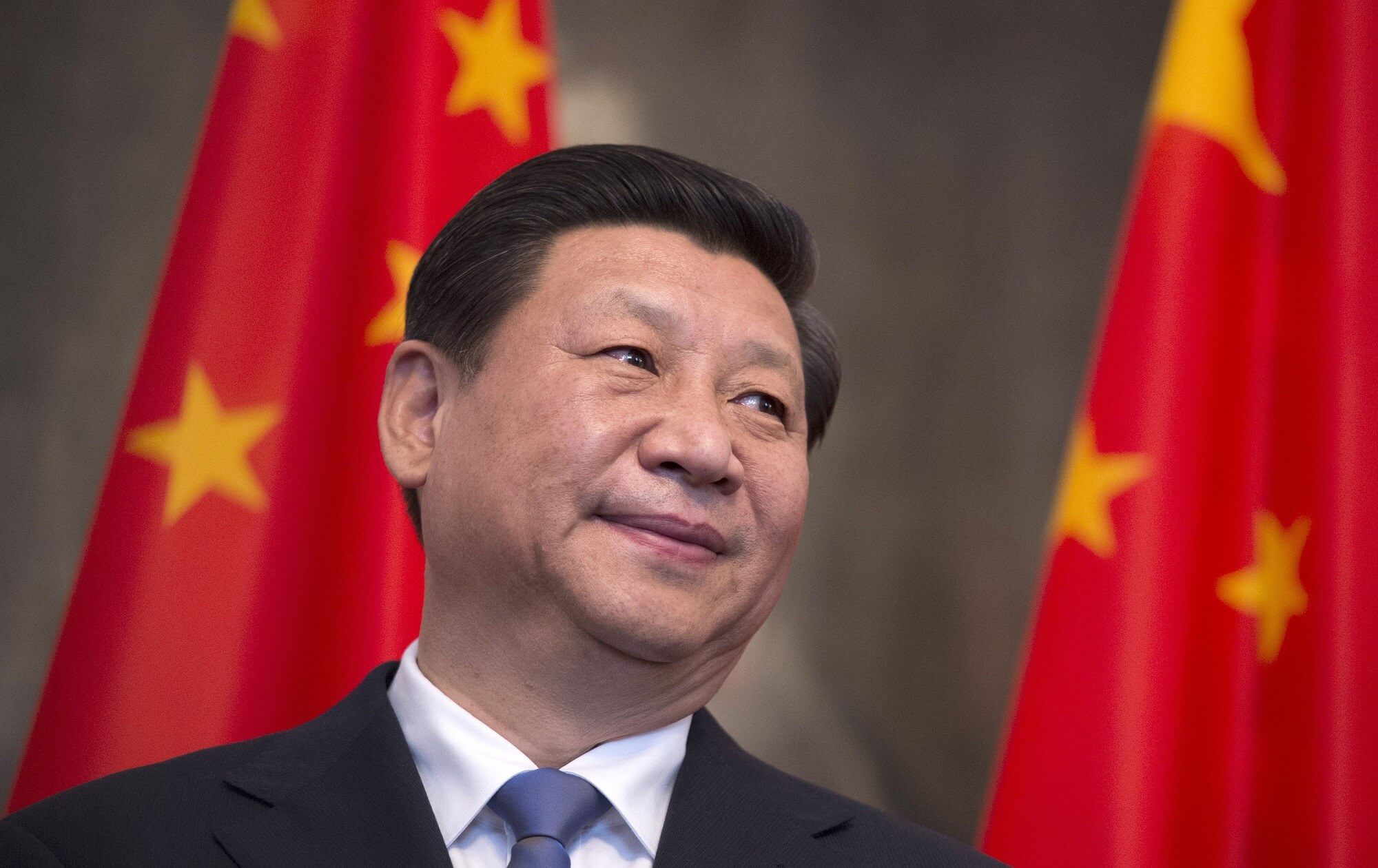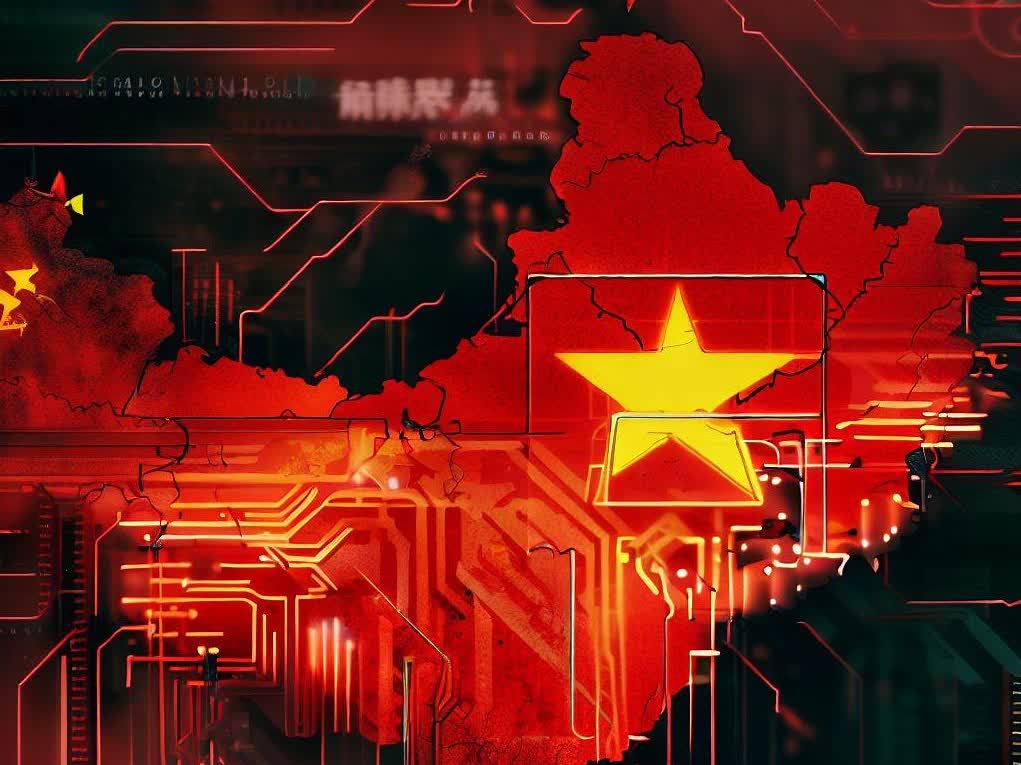What just happened? Not for the first time, a US official has accused China of stealing intellectual property to gain an advantage in key technologies such as artificial intelligence and cloud computing. Nathaniel Fick, ambassador at large for Cyberspace and Digital Policy, said the US and other countries should form a coalition to stop China's cybertheft.
Fick said that China executed a deliberate strategy of IP theft and government subsidies decades ago after noticing the global advantage in telecoms that big companies gave democratic nations. China, of course, denies any wrongdoing.
"I don't think we appreciated or acted on the reality that these technologies were going to be central to our geopolitical standing," Fick said during an event hosted by think tank Hudson Institute (via The Reg).
Fick added that stealing core intellectual property allowed China to start building the next generation wireless networks and subsidize Huawei and ZTE around the world to do deals at less competitive terms. He called China's actions a "playbook."

"If we allow the Chinese to run it again, they'll run it in cloud computing, they'll run it in AI, they'll run it in every core strategic technology area," he said. "We need to be very clear-eyed now about not letting that happen."
Fick's solution is the creation of a coalition of like-minded nations, including "hedging states in the middle," to collaborate on technology to stop China from surging ahead. The ambassador never said if the US would make a formal request to create this group of governments.
Fick suggested that plenty of other countries feel the same way, with nations starting to see national security and economic consequences from relying on untrusted networks. "They are looking for a way out," he said. "It feels like the wind is shifting a little bit."
Fick also talked about the risks of AI during his speech, warning of the near-term dangers of disinformation and misinformation, particularly when it comes to politics. He noted that the difficulty in telling what content is real and what is fake could have a huge impact during the upcoming US political campaign season.
"The most dangerous course of action is the application of these technologies in lethal terms – so autonomous weapons biotechnology, to some extent cyber security, and the applications of AI to do really nefarious things using kind of existing lethal stuff," he added.
Ficks' warning comes as the EU considers banning Huawei and ZTE equipment from its 5G infrastructure. Only a third of EU nations have banned Huawei from their 5G communications networks, despite recommendations from the EU Commission for certification requirements, diversification of suppliers, and not to use high-risk companies for critical parts of the infrastructure. The Commission never brought in an outright ban on Huawei or ZTE, but one could be on its way.
